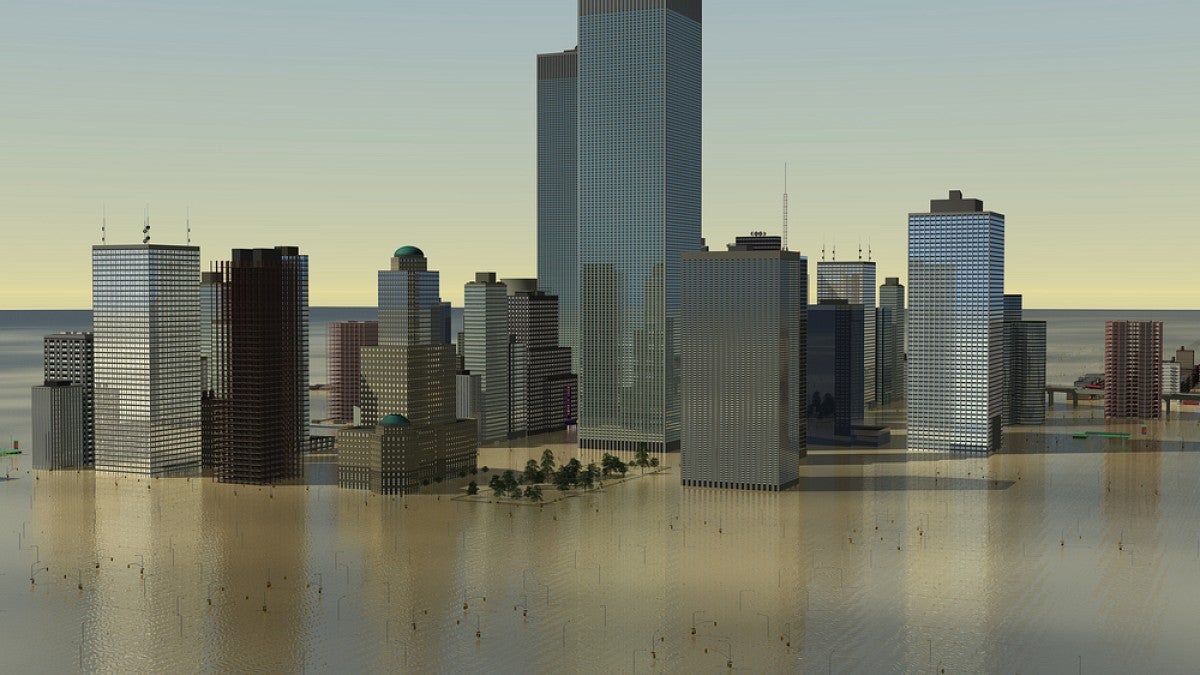University of Oregon computer scientist Ramakrishnan Durairajan was recently featured in an article by Popular Science and numerous other publications for his research on climate change.
Durairajan worked with a team of scientists from the UO and University of Wisconsin to discover how rising sea levels could threaten internet access. The study found that the fiber optic cables that run underneath the ocean and onto land could be ruined by rising sea levels in the next 15 years.
“The immediacy of the threat stems from an unfortunate coinciding of location — much of the infrastructure that supports the internet just so happens to be situated in places most prone to rising waters,” the article says.
Durairajan and his team discovered that cities like Seattle, Miami and New York were most at risk for losing their internet.
However, the results are more conservative than the reality. Durairajan stresses that the effects of rising sea levels will be different than expected because the study does not take into account future storm damage.
“The extent of our communication system at risk, and the sheer amount of physical stuff supporting the internet, is difficult to fathom,” the article says.
For the full story, see “Rising sea levels are going to mess with the internet, sooner than you think” in Popular Science. The story also was picked up by numerous other media outlets, including the Huffington Post, Wired, NPR, National Geographic and Newsweek, among others.


